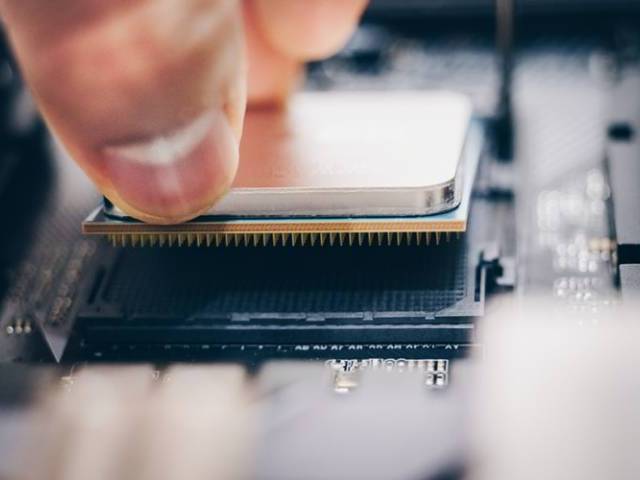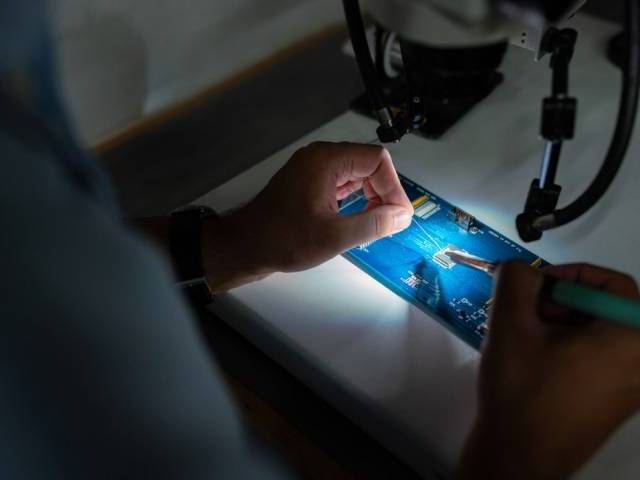When you advertise a job role as an employer, in most cases, you’re relying on just the candidate’s CV and their performance at the interview to determine the best person for the role. However, for some positions, particularly skilled roles, that’s simply not enough.
That’s why it’s becoming more common for employers, particularly in highly skilled industries such as electronics, to ask prospective employers to complete an assignment as part of the hiring process. Assignments not only give employers very specific information about a candidate’s aptitude, but they can also be an effective way of assessing applicants who may have excellent technical skills but not do interview well.
In this article, we’ll cover some of the basics of job interview work assignments and suggest five things to think about when setting and reviewing them.
What are work assignments in the hiring process?
Work assignments are projects or tasks that candidates complete as part of the hiring process to give the employer a better idea of their skills, approach, knowledge, work quality and turnaround speed. For the candidate, completing a work assignment allows them to override any gaps in their CV or work experience and show that they are a strong and capable candidate.
Work assignments are most common in creative and technical fields of work. For example, a writer may be asked to complete a trial piece before they’re hired, while an electronics engineer could be asked to answer a technical questionnaire or submit their published work.
When in the hiring process are work assignments usually set?
Typically, work assignments are assigned to candidates after the first interview. At this point, the employer will want to narrow down their group of candidates and should only request assignments from candidates that they are seriously considering hiring.
Once submitted, you can review the assignment before deciding whether to invite the candidate for a second interview. At the second interview, you may ask the candidate to present the assignment or to talk about their work in more detail.
Things to consider when setting work assignments
1. How long is too long?
Setting an assignment that takes a long time to complete risks alienating your candidates and potentially causing them to drop out of the process entirely. If you’re asking candidates to give you three or four hours of their time without payment, then they may draw their own conclusions about your workplace culture.
2. Don’t be too quick to discard candidates
If you’re hiring for a skilled electronics role, then the temptation might be to discard someone who doesn’t have the particular knowledge that you’re looking for. However, you should be careful what you filter assignments on. If a candidate could gain that knowledge in just a few days and go on to perform well in the role, then it’s worth keeping in the process.
3. Allow for different approaches
If you have a cross-functional engineering team, such as a team of design, validation, and test engineers, then make sure you allow people from different backgrounds to show their strengths and answer the question in their own way.
4. Would your current employees pass the test?
You might want to hire an electronics genius, but geniuses tend to be expensive. If you’re happy with the skill levels of your current employees, then make sure you set an assignment that they would also be able to complete.
5. Make it clear what you plan to do with their work
If you’re going to set an interview assignment for an electronics position, then make sure you clearly state what you will do with the work and how you will dispose of it after the hiring process has ended. Otherwise, candidates may be suspicious that you plan to use work that they’ve not been compensated for.
Hiring the best candidate every time
Whether you choose to set interview assignments or not, at PER International, we can help you hire the best power electronics, SMPS, UPS, RF, and semiconductor engineers every time. Read more about how we recruit the best electronics candidates from around the world, send us a few details about what you’re looking for and get started on your journey today.










